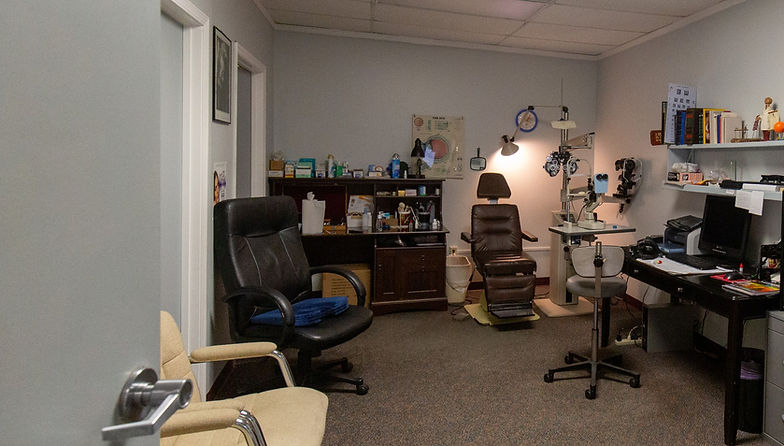2020 Westside EyeCare

Routine Eye Exams
Routine eye exams are crucial for detecting eye diseases early, preventing vision loss, and identifying systemic health problems like diabetes and high blood pressure. Regular check-ups allow eye doctors to correct vision problems with glasses or contacts and to monitor for conditions such as glaucoma, cataracts, and macular degeneration, which may not have obvious symptoms in their early stages.
Early Detection of Eye Diseases
-
Many serious eye conditions, such as glaucoma, cataracts, and macular degeneration, can develop without noticeable symptoms early on. A routine exam can catch these in their initial stages, when they are most treatable.
Identification of Other Health Issues
-
Identification of other health issues: The eyes can provide a window into your overall health. An eye exam can reveal early signs of systemic diseases like high blood pressure, diabetes, and even certain types of cancer.
Assessment of Eye Function
-
Exams also test how your eyes work together, including depth perception, eye teaming, and eye movement, which can reveal issues that impact daily activities.
Preservation of Vision
-
Early detection and treatment can prevent irreversible vision loss and even blindness. For instance, prompt treatment for a retinal detachment or angle-closure glaucoma can prevent permanent damage.
Vision Correction
-
Eye exams are necessary to determine the need for corrective lenses like glasses or contact lenses, or to update an existing prescription, ensuring you see clearly.
Maintain Updated Prescriptions
-
Eyesight can change gradually over time. Routine exams ensure that your prescription for glasses or contacts is current, which is necessary for clear vision and to prevent eye strain and headaches.